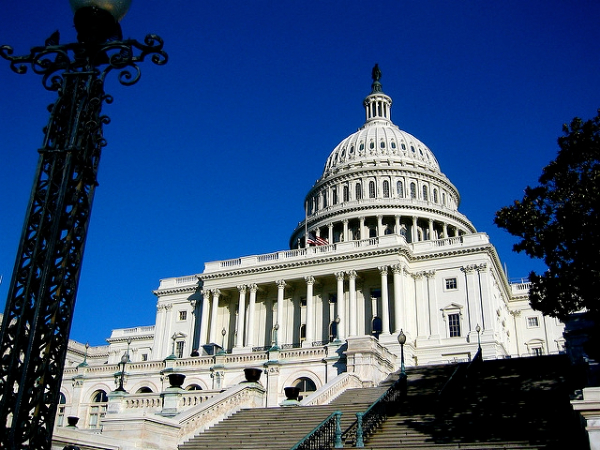

The most significant reform in UMITA would extend the mandate reporting requirement to fifteen independent agencies that were excluded from the original law. These include powerful regulators such as the Securities and Exchange Commission, the Federal Communications Commission, and the Federal Deposit Insurance Corporation.
UMITA would also allow a point of order to be raised against consideration of legislation with private-sector mandates above a certain threshold ($160 million in 2018). Exclusion of this was an oversight in the original law. CBO reported that from 2007 through 2016, fourteen laws were enacted with intragovernmental mandates above the annual threshold. Over the same time, 105 laws with private sector mandates were enacted with costs above the threshold. Points of order were raised 61 times in the House and four times in the Senate since enactment. Although only one was sustained, they do help raise awareness of the underlying problems.
The bill would also codify the rulemaking practices and guidelines of federal agencies to ensure consistency across the government and require that the Office of Information and Regulatory Affairs oversee agency compliance with unfunded mandate laws, and submit an annual report to Congress. Congress could also request a retroactive review of existing rules.
In addition, UMITA would clarify that CBO’s and agencies’ calculations of the effects of the direct costs of federal mandates include foregone profits. This would improve the reliability and usefulness of the reported data. The bill would also close a reporting gap by requiring that agencies produce a written statement for all final rules exceeding the cost threshold. UMRA only requires a written statement for final rules for which a general notice of proposed rulemaking was published. GAO reported in 2012 that agencies had not published such a notice for about a third of all major rules.
CBO estimated that the federal agencies would need to hire additional staff to comply with UMITA, increasing discretionary spending by $6 million over the next five years. In an odd twist,, CBO’s score for UMITA includes an unfunded mandate statement. Four of the agencies that the bill puts under the UMRA umbrella are financed through fees. CBO concluded that the additional paperwork burdens imposed on these agencies would require them to hire additional staff. CBO then assumes that this would push the agencies to increase their fee charges to offset the added costs. Even though the direct mandate in the bill applies to the federal agencies, CBO argues that the fees paid to these regulatory entities are not considered voluntary and thus meet UMRA’s definition of enforceable duties.
Similar legislation has easily passed the House in 2012, 2013, and 2015. The Senate has not taken up the legislation, though identical companion legislation has been introduced this year and in the 114th Congress by Senators Deb Fischer (R-NE) and James Lankford (R-OK). Senator Rob Portman (R-OH) has introduced S. 686, the Unfunded Mandates Accountability Act of 2017, with many of the same elements.
UMRA and related legislation like the Paperwork Reduction Act, which requires agencies keep track of the time and out-of-pocket expenses on the public through government-mandated forms, have proven to be valuable tools to shine transparency on the overreach of the exercise of federal power. It’s widely known that lawmakers request informal budgetary estimates from CBO on legislation while still in the drafting stage to make sure there are no scoring issues before being publicly unveiled. There are also cases where Members have asked CBO to review preliminary legislation to make sure there are no mandates with costs that would trigger a point of order. The new reform proposal would further fortify the protections against the imposition of hidden taxes on state and local governments and taxpayers.

